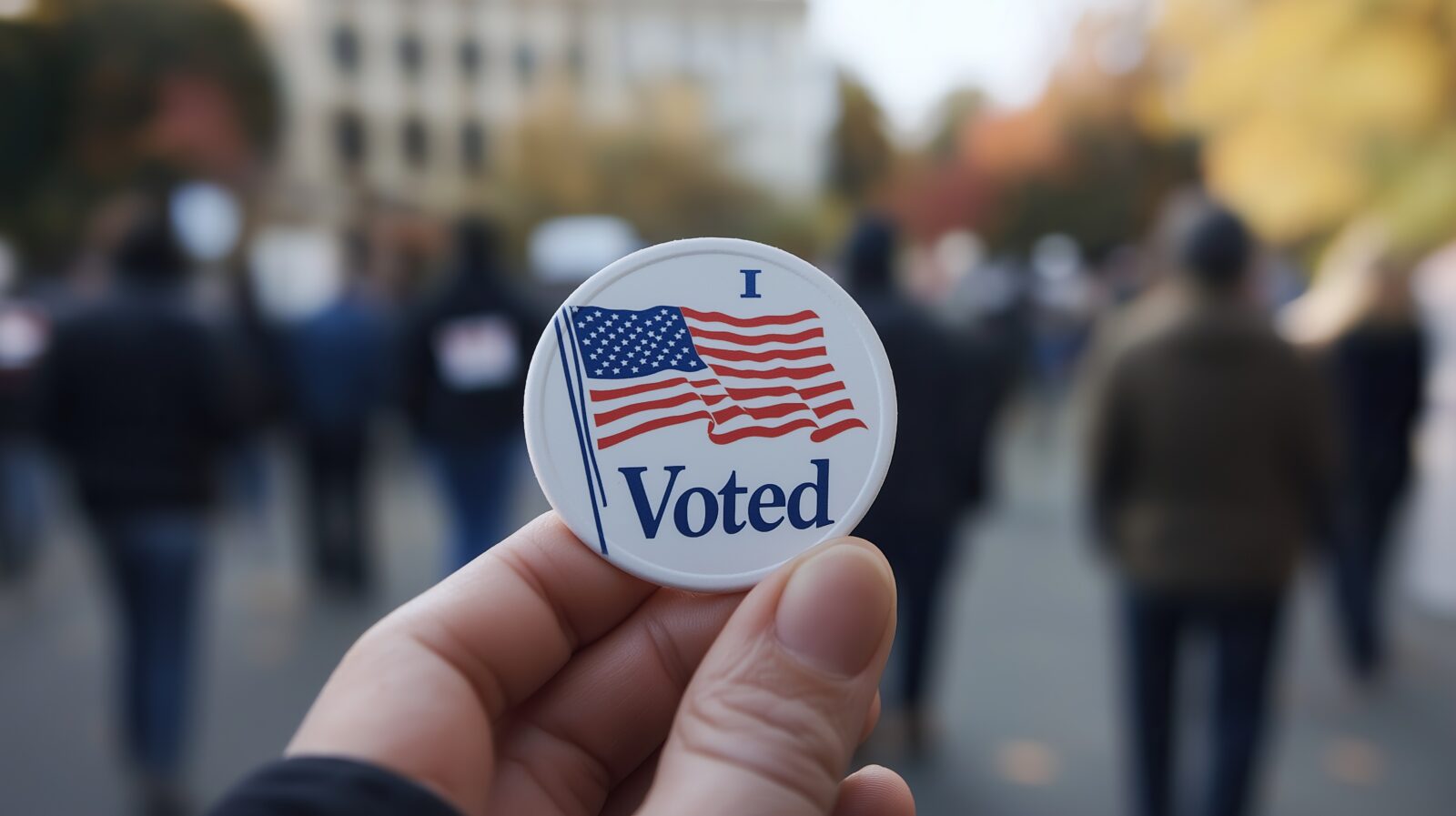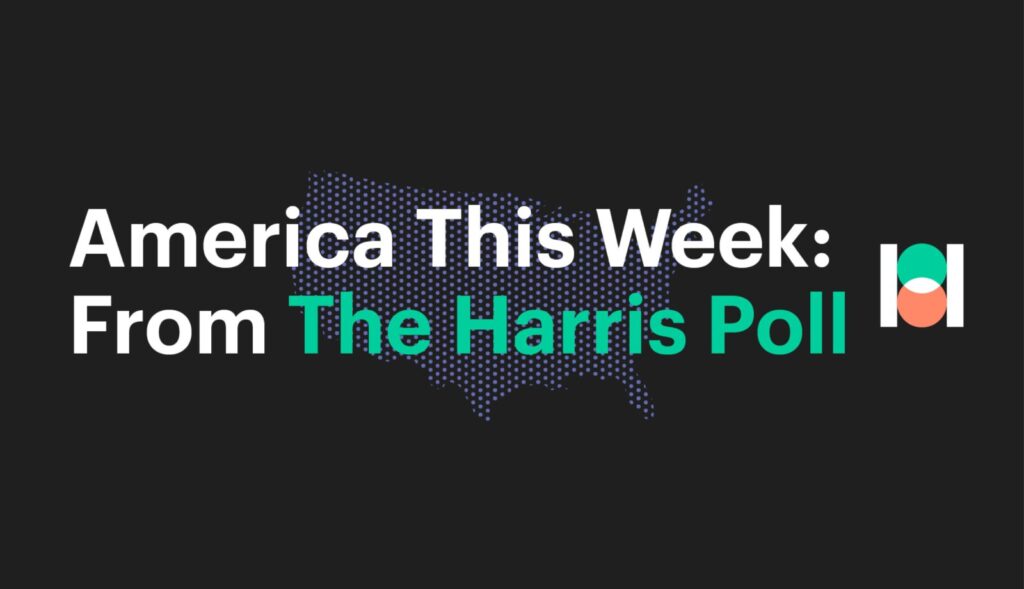Brief • 1 min Read

If you’re a marketer or communicator, you should feel emboldened by the 2024 election, regardless of your politics.
American voters reminded us they’re consumers first and foremost and more want in on the American dream. This aspiration is an important signal and if we listen to it, there’s great promise for economic growth and stronger businesses and brands.
This election went to Trump because the nation’s happiness is measured in purchasing power. In our January Axios-Harris Poll Vibes survey, (59%) of shoppers were triggered by going to the grocery store. In October, personal finances were worsening for half (47%) of voters in our Harvard CAPS-Harris Poll. This sentiment was felt most strongly among Hispanic (49%) voters.
It’s no surprise then that Trump’s massive support among Latino voters surged — especially among the working class. In July, Axios-Harris polls I shared at both the RNC and DNC found struggling Latino voters prioritized inflation, housing affordability, wages/jobs, and border security, which was internalized as personal job security. And with (64%) holding negative American sentiment toward China, tariffs were appealing to voters as a way to safeguard blue-collar jobs from low-cost imports.
Across the globe, consumers are frustrated with post-COVID inflation and punishing incumbents. And it’s not just politicians facing backlash: Consumers are blaming companies, too. In a May Harris survey, (71%) of company reputations declined, with Americans blaming them for passing along higher prices and pocketing profits.
Growing economic and social division along educational lines left many feeling marginalized and financially insecure, seeking broader access to better-paying jobs, financial security, and a sense of stability and safety. Many felt unheard and excluded in today’s economy, and didn’t associate their pocketbooks with its growth. In a spring poll we conducted with The Guardian, a majority of Americans thought the S&P was down (rather than up), unemployment at a record high (rather than low), and the economy in recession (when it was not). To Americans, feelings matter more than facts: Three-quarters (76%) told us, “Economists may say things are getting better, but I’m not feeling where we live.”
Americans (especially those without college degrees) made it clear they feel left behind, unheard, and unable to thrive in an evolving information-based economy increasingly shaped by globalization, AI, high housing costs, and sticky prices.
So, two things can be true at once: Americans are sour on the economy, but they are also aspirational. In a climate of disconnection and distrust, businesses that listen to the kitchen table dreams behind the ballot box results will be well-positioned to match values with untapped audiences who just told us very loudly what they want.
Subscribe for more Insights
Subscribe to our newsletter for the latest trends in business, politics, culture, and more.
Related Content









